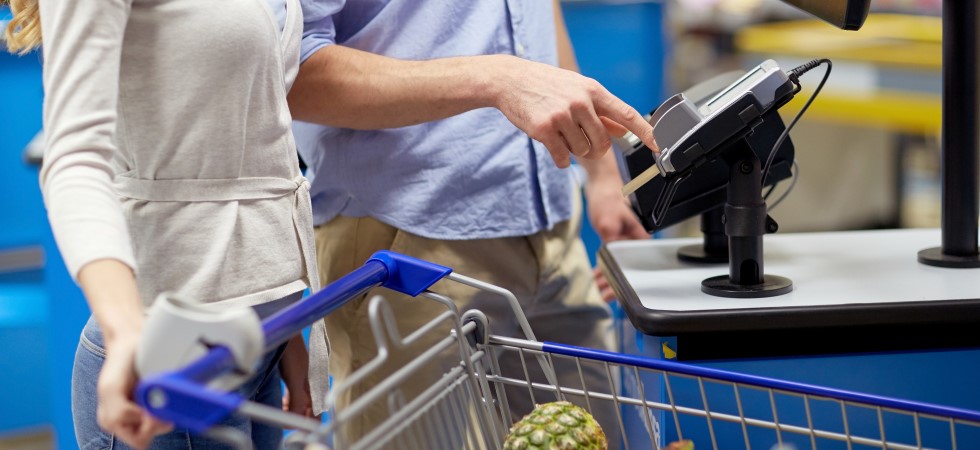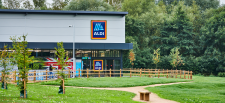The latest market share report by Kantar finds that British consumers are making smaller but more frequent trips to the shops, while just over 20% are grocery shopping online, the lowest level since October last year.
In the past four weeks, British shoppers made an additional 108,000 trips to the store. Over this same period, grocery sales were just 0.5% lower than this time last year. According to Kantar, this decrease marks the best four-week ending market performance since April 2021.
Fraser McKevitt, head of retail and consumer insight at Kantar, said: “With the end of social distancing restrictions people have been happier to head into stores to make more regular, smaller shops.”
The report found that the gradual return to more traditional behaviour is also affecting online grocery sales. McKevitt continued: “Take up of online grocery shopping grew rapidly during the pandemic, but as lockdown restrictions have loosened a divide is beginning to emerge.”
He added: “Those who have come to love the convenience of an online shop are sticking with it, ordering regularly and spending on average more than two-thirds of their total grocery bill online. But the unconverted are starting to drop away, preferring to get back to store instead.”
The share of grocery sales made online now stands at 13%, down from a peak of 15.4% in February 2021.
Kantar reported that the shift away from online has contributed to Ocado’s sales falling by 0.7%, its first decline on record. However, other retailers, including Amazon, are continuing to explore online opportunities. Amazon has announced that it will be adding its own branded groceries to its UK website, supplementing its existing contract with Morrisons.
Other findings from the report include:
- grocery sales fell by 4% in the 12 weeks to 8 August 2021 compared with the same time in 2020
- grocery sales remain 9.9% higher in the latest 12 weeks than in 2019
- 87% of grocery payments are now made by card rather than with cash
Waitrose and Tesco both increased their share of grocery sales. Tesco’s sales were bolstered by its premium ‘Finest’ range, which rose by £29 million.
Sainsbury’s share also nudged up by 0.3 percentage points to give it 15.2% of the market. Asda saw a 17% jump in the number of shopping trips compared with last year, now holding 14.2% of grocery sales. Meanwhile, Morrisons’ share dipped to 10%, with sales falling by 6.2% as they are measured against a strong performance last year.
Discount retailers Aldi and Lidl both gained market share. Aldi holds 8.2% of the market and Lidl 6.1%. Co-op and Iceland, two of the standout performers of the past 18 months, saw sales fall year on year. They now have market shares of 6.6% and 2.3% respectively.









